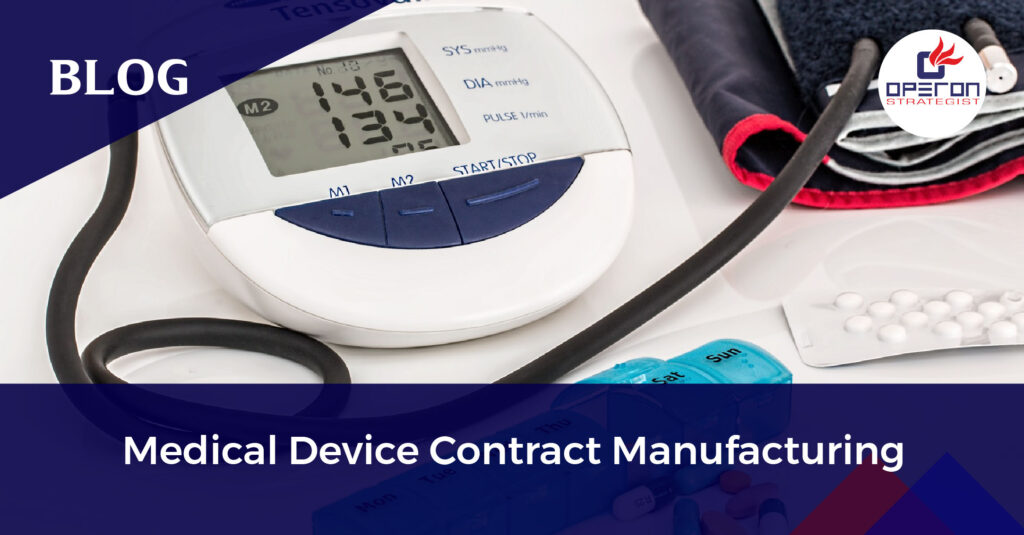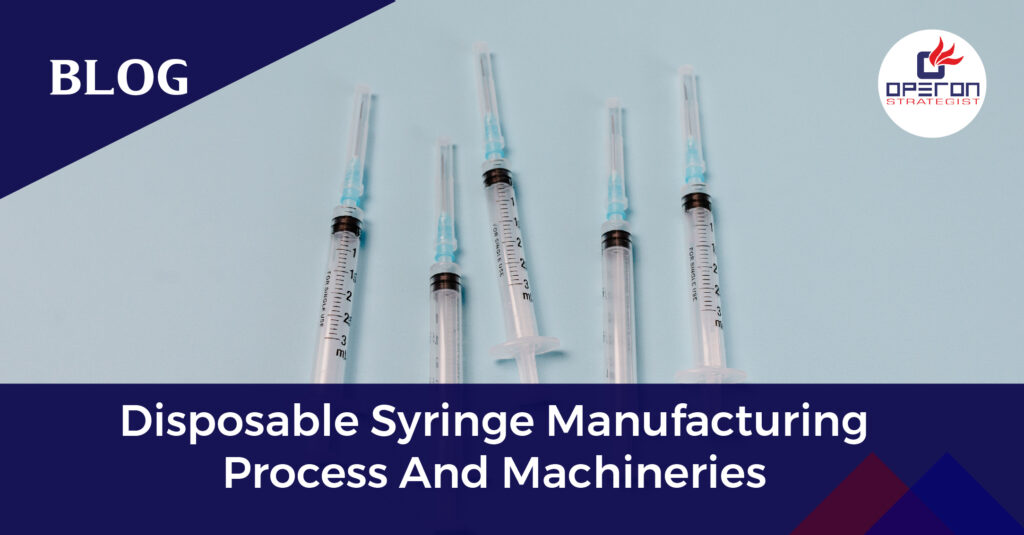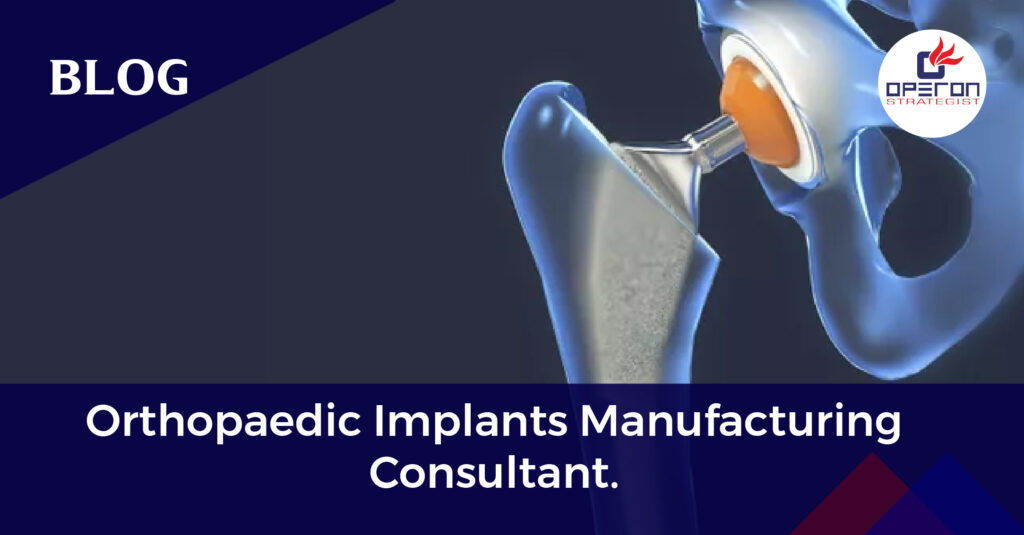Introduction to Medical Device Contract Manufacturing
Medical Device Contract Manufacturing is a type of subcontracting in which a company produces a entire product, a single part, or a larger product. This is well found in the medical device industry. Over the past 10 years the industry and the contract manufacturing sector have met a lot of challenges of over-increasing demand and reformed medical technology.
Original Equipment Manufacturers (OEM) of medical devices are companies that generally aims on a certain area of proficiency, like molding, assembly, or R&D design. Medical device manufacturing is the structure with which a manufacturing company makes medical devices or parts of medical devices which are later sold by other companies.
Looking for Contract Manufacturing Consultation?
Let’s have a word about your project
Medical device contract manufacturers mostly specialize in a particular process or task and can offer proficiency from constant practice of their manufacturing. OEMs also provides special facilities that are necessary for the medical device, manufacturing. Medical labs of On-site are crucial for all phases of production from design to manufacturing. Clean rooms are also needed to assure the manufacture of medical devices is free from bacteria and contaminants.
FDA 510 k Clearance & Premarket Approval for Medical Device
Operon Strategist is FDA 510 k process consultant helps the clients to register SBU (Small Business Unit), if applicable. Take out the testing requirement of the product, creation of the dossier, resolving the queries and after completion of all the activities.
Necessary Regulations for Medical Device Contract Manufacturing
Medical device contract manufacturers of entire finished devices didn’t know about following with the appropriate requirements of FDA’s Quality System Regulation (QSR) and enlisting their establishment with FDA. Further way they were informed that in certain circumstances both the contractor and the manufacturer can be held commonly responsible by FDA for tasks performed. The analysis furthermore found out a reliance by the manufacturers on insurers and insurance brokers for product duty coverage other than consulting legal counsel to confirm that their coverage is suitable and complete.
FDA’s interpretation of manufacturer in 21 CFR part 820. 1 Scope (a) Suitability (1) this part builds up the important benefits applicable to the manufacturer of finished devices. 820.3 defines – Manufacturer indicates any sole person who designs, manufactures, creates, gathers, or processes an entire finished device. Manufacturers merges yet isn’t controlled to the solo person who performs the functions of, contract sterilization, establishment, relabeling, repacking, remanufacturing or detail advancement and initial distribuition of foreign objects.
Advantages of Medical Device Contract Manufacturing Cost Reductions
- Companies do not need to pay capital on facilities and techniques.
- Money can be saved on cost such as salary, guiding and advantage.
- Contract manufacturers may deal of cost benefits such as in attaining raw materials.
Experience
- Contract manufacturers use the experiences of experts in plan and advancement for all manufacturing procedures.
- Experts use their perceptions to help organizations for choosing the right material and instruments for the product.
- Products are produced at a much Quick rate.
Business Aims
- Companies will focus on their center capabilities once they hand the manufacturing of their device over to an outside source.
- Instructions of rules and hiring of additional representatives can save time.
FDA Agreement
- Ensures that the manufacturers meet all the regulations for creating medical devices.
- ISO 13485 certificate increases the manufacturer’s reliability and promises quality.
Key Factors for Ensuring the Success of a Medical Device Contract Manufacturing Partnership
The accomplishment of a Medical Device Contract Manufacturing Association depends upon Suitability – you have to assure that the contract manufacturer you recruit is the best fit for your particular business needs. While this may appear to be remarkable to sign on with a level 1 manufacturing service provider this isn’t really your correct substitute. At that time you have a considerable demand to put, surely go with the comprehensive Contract Manufacturing. Or else you’ll need to search contract manufacturer that can deal with the amount of manufacturing work you have. If you have small tasks to work it’s best to search for a smaller contract manufacturer. A further important part of suitability is the person you’re going to work with. Rather you’ll need an authoritative team and staff who are responsive and easy to work with. Either search for a contract manufacturer specialist whose management, business culture, and procedures connect with you. You’ll also need an organization that deals with adaptableness and will be ready to work for you to get the right answer for the most superior quality product for the least possible expense.
Need more Clarity on Medical Device Contract Manufacturing? Contact us Now!
FAQs
What is a Medical Device Contract Manufacturing company?
A Medical Device Contract Manufacturing company pertains to an establishment in which the production is undertaken on behalf of another company that possesses the rights to the design and technology.
What is the Process of Contract Manufacturing?
Contract manufacturing refers to a scenario in which one company forms an agreement with another to create components or products within a designated timeframe. This practice resembles outsourcing at a manufacturing scale, similar to the way companies outsource employees. By adopting contract manufacturing, businesses can effectively compete in domains that were previously beyond their reach.
What is an Example of a Contract Manufacturer?
Contract manufacturers encompass a wide array of industries and services. For instance, they can be involved in producing diverse products such as commuter rail lines, rubber goods, textiles, heavy machinery, plastic injection molding, and even certain industrial electronic items. This demonstrates the versatility of contract manufacturing across various sectors.

-
Operon Strategisthttps://operonstrategist.com/author/snehal/
-
Operon Strategisthttps://operonstrategist.com/author/snehal/
-
Operon Strategisthttps://operonstrategist.com/author/snehal/
-
Operon Strategisthttps://operonstrategist.com/author/snehal/




